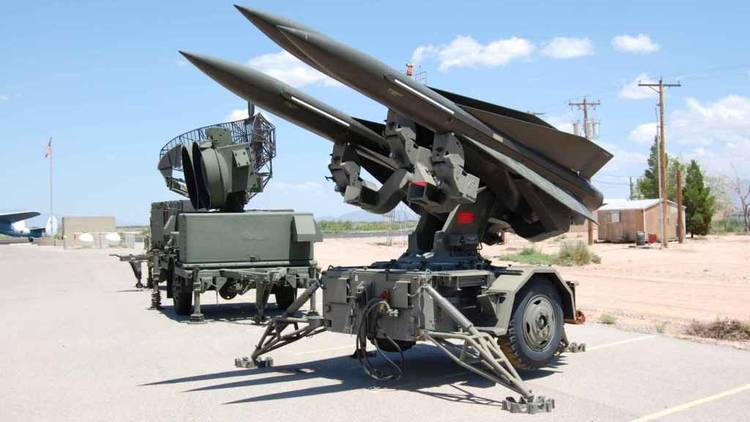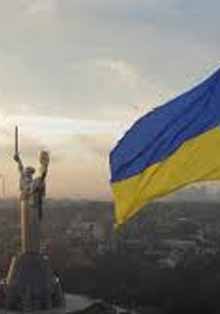Ángel Collado
Pedro Sánchez’s government is now discreetly beginning to supply heavy weapons to Ukraine after falling behind European countries in supporting Zelenski.
The first missile systems and armoured vehicles are arriving these days at the Polish border in the midst of an opacity of information dictated by the internal division of the Executive whose most left-wing sector, the one contributed by Podemos, insists on its discourse against NATO and military aid to the Ukrainians who are fighting Russian troops.
Pablo Echenique, the parliamentary spokesman for Podemos, the party that groups together the five communist ministers in Sánchez’s cabinet, reiterated last week in Congress his party’s rejection of the escalation of war in Ukraine, as well as accusing Western countries of shunning the diplomatic route in the conflict. Echenique urged the Prime Minister to raise the need to negotiate with Putin at the next European Council.
The populist leader criticised the fact that the meetings of European governments are about military training, new arms supplies and economic sanctions against Russia and not about “diplomacy, ceasefire and peace agreements”.
Echenique maintained that the sanctions “do not seem to have brought the Russian economy to its knees” and he also said that “the longer the war goes on, the worse it will be for Ukraine and also for the European economies and for Spain”.
On the same Thursday last week that Podemos reiterated its pacifist and anti-Atlantistic discourse as if it were not in government, NATO Secretary General Jens Stoltenberg reported that the Spanish government had announced that it was preparing to supply Zelenski with four Hawk missile launchers for anti-aircraft defence. The Ministry of Defence had complied with instructions to keep secret the information about Spain’s progress in supporting Ukraine, which neither the communist sector of the cabinet nor, of course, public opinion knew about.
The US-made Hawk surface-to-air missiles, with a range of 40 kilometres, are old, but are still in the army’s arsenals after being recently modernised. They will reinforce Spain’s contribution in anti-aircraft artillery after the 20 Ukrainian soldiers trained in Zaragoza for three weeks to handle missiles finish their training this week, information that was also kept secret until almost the day of their arrival at the San Gregorio manoeuvres field.
Until then, only the delivery of European-made Aspide missiles, which were decommissioned last year in Spain and have a much shorter range than the Hawk missiles, had been announced.
Just as discreetly as the delivery of artillery to Zelensky’s troops was being prepared, the Ministry of Defence has recently sent a total of 20 armoured personnel carriers to the Polish border with Poland. These are the army’s so-called TOA (tracked armoured transports), also at the end of their service life but particularly useful for infantry movements in muddy or snowy terrain, which is the immediate theatre of war in Ukraine.
Although as opaquely as possible, the Spanish government is attempting this autumn to correct Sánchez’s first position after the Russian invasion and his subsequent stinginess. He began by initially maintaining that he was not going to provide arms to Zelenski, then rectified his position and until this month became the President of the Executive of the main EU countries that contributed the least military material to Ukraine: only ammunition, light weapons, medical equipment and uniforms for the winter.
In overall material and economic aid and donations, the left-wing government kept the country in 16th place in the Atlantic Alliance’s ranking, behind nations with less population, gross domestic product and military capabilities than Spain.
The 26 per cent increase in defence spending in line with NATO commitments, plus the arrival of Hawk and Aspid missiles on the Ukrainian front, will allow Sánchez to present himself at the next European Council meeting in a stronger position to talk about the war. Although this investment in external projection will be at the cost of doing the opposite of what his Podemos partners are asking him to do.







